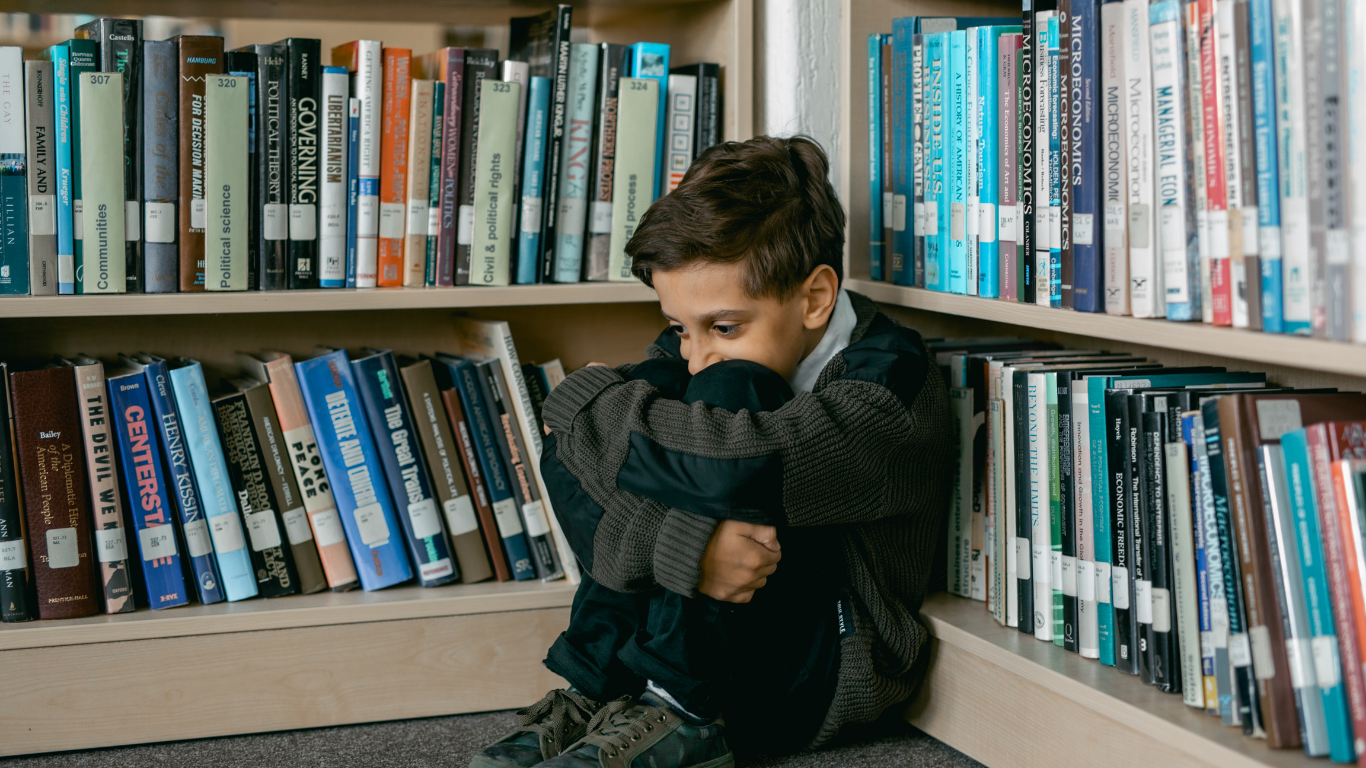As the International Day for Educational Non-Violence approaches (April 30), Semlex For Education would like to highlight the importance of education in respect and kindness, far from physical or psychological violence.
Contrary to what our ancestors may have thought, violence, whether physical or psychological, does not harden. On the contrary, it destroys. Gandhi defined non-violence as follows: “Non-violence is the greatest strength that humanity has within its reach. It is more powerful than the most destructive weapon invented by human ingenuity. »
It is for this reason that since 2004 we have celebrated the International Day of Educational Non-Violence.
Ten sentences for a benevolent education
Increasingly aware of the benefits of positive and caring education, teachers and parents are seeing their efforts bear fruit.
The blog of Hop’Toys, a French webmagazine providing information on parenthood, disability and alternative pedagogies, offers 10 positive phrases that facilitate understanding of this way of educating:
- By showing him the example, the child understands more easily;
- By refocusing on what the child should do and not on what he should not do, the child has a greater ability to listen;
- To accompany him is to give him confidence in his abilities;
- By replacing the “if” with “as soon as”, we remove the notion of blackmail;
- By proposing to the child to repair his clumsiness or his mistakes, he is taught to become responsible;
- By encouraging the child in his efforts and his intentions without judging him personally, we encourage him in the acquisition of his autonomy;
- By not neglecting the fears of the child, we increase the confidence he has in us;
- Highlighting the individuality of each child increases their self-esteem;
- By using negation, we activate in the child a representation that is the opposite of what we expect;
- Minimizing a child’s pain does not make it non-existent, it is denying his feelings and preventing him from expressing his pain.
Education, an essential right
Education is a fundamental right that allows everyone to be guided and to flourish in their social life.
It is also a necessary learning that allows a person to develop his personality and identity, as well as his physical and intellectual abilities. In particular, education can transmit common principles to new generations and preserve and perpetuate the values of society as a whole. As such, it promotes personal development by promoting social and professional integration.
The purpose of education is to improve a person’s quality of life. It offers disadvantaged adults and children the possibility of escaping poverty. Indeed, it is an important tool for the economic, social and cultural development of all the populations of the world.
Afrodidact’s vision
Afrodidact, a Belgian non-profit association founded in 2006, aims to provide quality education with respect and kindness. This is why she has developed “an innovative teaching method that ensures that all students are equipped with skills that will be useful throughout their lives. It has been applied, tested and refined for more than a decade” (Afrodidact, 2021).
To learn more about Afrodidact, click HERE
Sources :
AFRODIDACT. Home. Available HERE
HOP’TOYS (2020). 10 phrases alternatives, positives, bienveillantes ! Available HERE
HUMANIUM. Droit à l’éducation. Available HERE
NATIONS UNIES. Journée internationale de la non-violence. Available HERE


